Home>Articles>How Many Surge Protector Joules Do I Need For A Computer
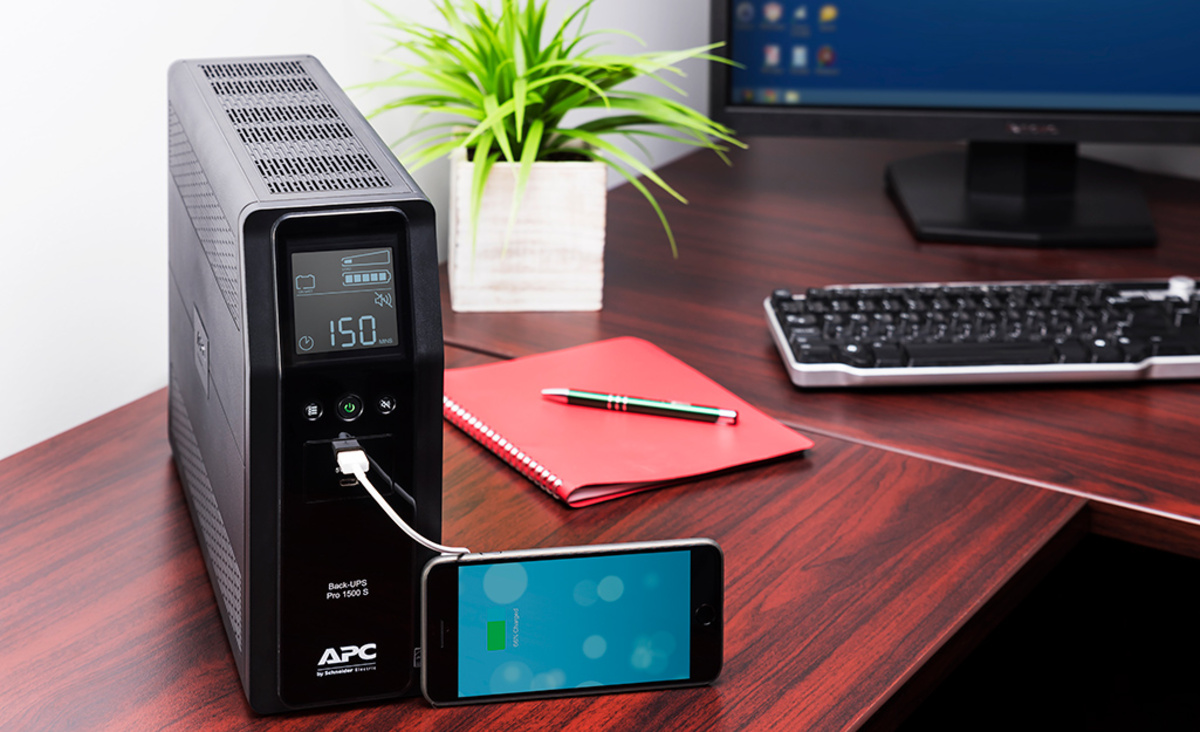

Articles
How Many Surge Protector Joules Do I Need For A Computer
Modified: August 21, 2024
Find out how many joules surge protector you need for your computer with our informative articles on surge protection and computer safety.
(Many of the links in this article redirect to a specific reviewed product. Your purchase of these products through affiliate links helps to generate commission for Storables.com, at no extra cost. Learn more)
Introduction
When it comes to protecting your valuable computer equipment from power surges, a surge protector is an essential investment. Power surges, which are sudden and transient increases in voltage, can cause severe damage to your computer’s components, leading to data loss and costly repairs. To safeguard your computer, it is important to understand how surge protectors work and determine the appropriate amount of surge protection your computer needs.
In this article, we will delve into the fundamental concepts of surge protection for computers and guide you in selecting the right surge protector based on your specific requirements. We will explore the factors to consider when choosing a surge protector and help you determine the ideal number of joules of protection for your computer. Additionally, we will highlight different types of surge protectors and provide recommendations to assist you in making an informed decision.
By the end of this article, you will have a thorough understanding of surge protectors and be equipped with the knowledge to effectively safeguard your computer against power surges.
Key Takeaways:
- Protect Your Computer Investment
Investing in a surge protector with a joule rating of at least 1000 joules can safeguard your computer from power surges, preventing hardware damage, data loss, and financial setbacks. - Choose Wisely for Optimal Protection
Consider factors such as joule rating, clamping voltage, number of outlets, and response time when selecting a surge protector. Reputable brands like APC, Tripp Lite, and Belkin offer reliable options for your computer’s safety.
Understanding Surge Protectors
In order to fully comprehend the importance of surge protectors for computers, it is essential to have a clear understanding of how they function. A surge protector is a device designed to protect electronic devices, such as computers, from power surges. It acts as a barrier between the incoming power supply and the connected equipment, diverting excess voltage away from the devices and preventing it from causing damage.
Surge protectors work by utilizing a component called a metal oxide varistor (MOV). An MOV is a type of resistor that has the ability to handle high levels of voltage. When a power surge occurs, the MOV detects the excess voltage and redirects it to the grounding wire, rather than allowing it to pass through to the connected equipment. This process protects your computer from voltage spikes and ensures a stable and safe power supply.
Another important feature of surge protectors is their ability to suppress electrical noise. Electrical noise refers to the distortion or interference that can occur in the power supply. Surge protectors help filter out this noise, ensuring a clean and consistent flow of power to your computer.
It is worth noting that surge protectors have a finite lifespan and can eventually wear out over time. Some surge protectors come with built-in indicators to alert you when they need to be replaced. It is recommended to periodically check the condition of your surge protector and replace it if necessary to maintain optimal protection for your computer.
Now that we have established the basics of surge protectors, let us explore the reasons why surge protection is particularly important for computers.
Power Surge Basics
A power surge is a sudden, temporary increase in voltage that exceeds the standard level of electrical power in your home or office. These surges can be caused by various factors, including lightning strikes, electrical faults, power grid fluctuations, or even the operation of high-powered electrical devices nearby. While some power surges may be relatively small and go unnoticed, others can be severe and cause significant damage to your computer and other electronic devices.
The primary concern with power surges is their ability to overwhelm the delicate electrical components of your computer. These components, such as the motherboard, processor, memory, and hard drive, are designed to operate within specific voltage ranges. When a power surge occurs, the excess voltage can lead to the breakdown of these components, rendering your computer inoperable or causing data loss.
Power surges can pose a serious threat to your computer and its peripherals, as well as to your valuable data. Without proper protection, you run the risk of experiencing sudden shutdowns, system failures, or even permanent damage to your computer equipment.
It is important to note that power surges can occur at any time, regardless of the weather or the state of your electrical system. A nearby lightning strike or a sudden power surge in the electrical grid can affect your computer and other devices connected to the same power source. Therefore, taking preventive measures, such as using surge protectors, is crucial to safeguarding your computer from these unpredictable electrical events.
Now that we understand the basics of power surges, let’s explore in more detail why surge protection is of utmost importance for computers.
The Importance of Surge Protection for Computers
Computers are essential tools in both personal and professional settings. They store valuable data, perform critical tasks, and connect us to the digital world. Protecting these devices from power surges is not only important for ensuring their longevity but also for safeguarding the precious information they hold.
Here are some key reasons why surge protection is crucial for computers:
- Preventing Hardware Damage: Power surges can deliver a significant blow to the electrical components of a computer. These components, such as the motherboard, CPU, RAM, and hard drive, are sensitive to fluctuations in voltage. A surge protector acts as a barrier, diverting excess voltage and preventing it from reaching the computer. This protection helps to extend the lifespan of the hardware and minimize the risk of costly repairs or replacements.
- Minimizing Data Loss: Besides hardware damage, power surges can also cause data loss or corruption. When a surge occurs, it can disrupt the normal functioning of the computer, leading to file errors, system crashes, or even complete data loss. By using a surge protector, you can protect your computer from these potential data disasters, ensuring that your important files, documents, and memories remain safe and intact.
- Protecting Peripherals: Power surges not only affect the computer itself but can also damage connected peripherals, such as monitors, printers, external hard drives, and other accessories. Surge protectors offer multiple outlets and protection for these devices, preventing damage to your entire computer setup.
- Financial Protection: The costs associated with repairing or replacing damaged computer components or recovering lost data can be substantial. Investing in a surge protector is a cost-effective measure to protect your computer system and avoid potential financial setbacks in the event of a power surge.
In summary, surge protection is essential for computers to safeguard hardware, prevent data loss, protect peripherals, and provide financial security. By using a surge protector, you can minimize the risk of damage caused by power surges and ensure the reliable performance of your computer.
Factors to Consider When Choosing a Surge Protector for a Computer
Selecting the right surge protector for your computer is crucial to ensure adequate protection against power surges. With a wide range of options available in the market, it is important to consider the following factors when making your decision:
- Joule Rating: The joule rating of a surge protector indicates its ability to absorb energy from a power surge. A higher joule rating means that the surge protector can handle larger surges without sacrificing protection. For computers and other sensitive electronics, it is recommended to choose a surge protector with a joule rating of at least 1000 joules.
- Clamping Voltage: Clamping voltage refers to the voltage level at which the surge protector begins diverting excess voltage. Lower clamping voltages are desirable, as they provide better protection by triggering at lower voltage levels. Look for surge protectors with clamping voltages below 400 volts for optimal protection.
- Number of Outlets: Consider the number of outlets you require to accommodate all the devices that need surge protection. You may also want to check if the surge protector has spaced outlets to accommodate bulky adapters or power bricks without blocking neighboring outlets.
- Response Time: The response time of a surge protector determines how quickly it reacts to a power surge. Faster response times offer better protection, as the surge protector can divert excess voltage more quickly. Look for surge protectors with response times in the nanoseconds range for optimal performance.
- Indicator Lights and Audible Alarms: Surge protectors with indicator lights or audible alarms provide visual or audio alerts when they are no longer able to provide surge protection. These features can help you know when it is time to replace the surge protector to ensure continued protection for your computer.
- Quality and Warranty: Consider the build quality of the surge protector, opting for models that are made with reliable components and have a solid construction. Additionally, look for surge protectors that come with a warranty to protect your investment should any issues arise.
By considering these factors, you can make an informed decision when selecting a surge protector for your computer. Remember that the protection of your computer and valuable data should be a top priority, so investing in a high-quality surge protector is a wise decision.
When choosing a surge protector for your computer, look for one with a joule rating of at least 600 joules to ensure adequate protection against power surges.
Read more: How Many Surge Protector Joules For TV
Determining How Many Joules You Need
When selecting a surge protector for your computer, one of the most important factors to consider is the joule rating. The joule rating indicates how much energy the surge protector can absorb from a power surge before it reaches your connected devices. To determine the appropriate joules you need, consider the following:
- Type of Equipment: Take into account the type of equipment you plan to connect to the surge protector. Computers, monitors, printers, and other peripherals have different power requirements. It is essential to choose a surge protector that can handle the combined power usage of your devices.
- Potential Power Surges: Consider the common causes of power surges in your area. If you live in an area prone to lightning storms or power fluctuations, you may experience higher voltage surges. In such cases, it is advisable to choose a surge protector with a higher joule rating to provide adequate protection.
- Cost of Equipment: Think about the value of the equipment you are protecting. If you have expensive computer equipment or critical data, investing in a surge protector with a higher joule rating can provide added peace of mind.
- Longevity and Future Proofing: Consider the future growth of your computer system. If you plan to add more devices or upgrade your existing equipment, it is wise to choose a surge protector with a higher joule rating to accommodate any future power demands.
- Industry Recommendations: Check industry recommendations for surge protection. For example, the Institute of Electrical and Electronics Engineers (IEEE) suggests using surge protectors with a minimum joule rating of 600 joules for general office equipment and 1000 joules for sensitive electronic equipment.
It is crucial to note that higher joule ratings provide better protection, as they can absorb more energy from power surges. However, it is essential to strike a balance between the joule rating and your budget, as surge protectors with higher ratings can be more expensive.
In summary, when determining how many joules you need in a surge protector for your computer, consider the type of equipment, potential power surges, the value of your equipment, future growth, and industry recommendations. By considering these factors, you can select a surge protector with an appropriate joule rating that provides optimal protection for your computer and connected devices.
Types of Surge Protectors
When it comes to surge protection for your computer, there are several types of surge protectors available in the market. Each type offers varying levels of protection and features to suit different needs. Let’s explore some common types:
- Basic Surge Protectors: Also known as power strips, basic surge protectors provide a simple solution for plugging in multiple devices and offer limited surge protection. They typically come with 4 to 8 outlets and provide basic protection against power surges. Basic surge protectors are suitable for basic home computer setups with minimal power demands. However, they may not offer the same level of protection as more advanced surge protectors.
- Wall-Mount Surge Protectors: As the name suggests, these surge protectors are designed to be mounted on the wall, offering a space-saving solution. They come with various outlet configurations and often include additional features like USB ports for charging devices. Wall-mount surge protectors provide a higher level of protection and are suitable for both home and office environments.
- Power Conditioners: Power conditioners go beyond surge protection and also filter out electrical noise and voltage fluctuations. They provide a constant and stable power supply for sensitive electronic devices. Power conditioners are capable of delivering cleaner power, making them ideal for professional audio and video equipment or high-end gaming systems where stable power is critical.
- Rack-Mount Surge Protectors: Rack-mount surge protectors are designed to be installed in server racks or network cabinets. They offer surge protection for multiple devices simultaneously and often include additional features like network and phone line protection. Rack-mount surge protectors are commonly used in data centers, server rooms, and networking environments.
- Whole-House Surge Protectors: These surge protectors are installed at the main electrical panel of a building, providing protection for the entire electrical system. Whole-house surge protectors safeguard all appliances and electronics connected to the electrical system, including computers. They offer comprehensive protection against power surges originating from both the utility grid and internal wiring.
It is important to note that no surge protector can provide 100% protection against all types of power surges. However, using a combination of surge protectors at different levels can help to maximize protection for your computer and other electronic devices.
Consider the specific needs of your computer setup and the level of protection required before choosing the type of surge protector that best suits your needs.
Recommendations for Surge Protectors for Computers
When it comes to selecting a surge protector for your computer, it is important to choose a reliable and effective option that provides the necessary level of protection. Based on industry recommendations and consumer reviews, here are some surge protector recommendations for computers:
- APC Surge Protector: APC (American Power Conversion) is a renowned brand known for its reliable surge protectors. Their surge protectors offer varying levels of protection, from basic models to advanced options with higher joule ratings and additional features like battery backup for uninterrupted power supply.
- Tripp Lite Surge Protector: Tripp Lite is another reputable brand that offers a wide range of surge protectors for computers. Their surge protectors come in different configurations and provide reliable surge protection for various setups, including home offices, gaming systems, and network environments.
- Belkin Surge Protector: Belkin surge protectors are popular for their durable construction and reliable surge protection. They offer various models with different features, such as USB charging ports, cable management, and wide-spaced outlets to accommodate larger power adapters.
- Furman Surge Protector: Furman surge protectors are known for their high-quality power conditioning capabilities. They not only offer surge protection but also filter out electrical noise and voltage fluctuations, providing clean and stable power for sensitive computer equipment.
- CyberPower Surge Protector: CyberPower surge protectors combine affordability with reliable surge protection. They offer a range of models to suit different setups and power requirements, including surge protectors with USB ports, low-profile designs, and extra-long power cords.
When choosing a surge protector, consider the specific needs of your computer setup, the level of protection required, and any additional features that may be beneficial. It is also advisable to read customer reviews and check for certifications, such as UL (Underwriters Laboratories) certification, to ensure that the surge protector meets safety and quality standards.
Remember that surge protectors have a limited lifespan, so it is recommended to replace them every few years or if they have been damaged by a significant power surge. Regularly inspecting the surge protector and being proactive in replacing it when necessary will help maintain optimal protection for your computer.
By selecting a reputable surge protector from a trusted brand and taking proper care, you can effectively protect your computer and other electronic devices from the damaging effects of power surges.
Conclusion
Surge protectors are essential for safeguarding your computer and other electronic devices from the potential damage caused by power surges. These sudden increases in voltage can wreak havoc on your computer’s sensitive components, leading to hardware failures and data loss. By investing in a surge protector, you can provide your computer with the necessary protection against power surges and ensure its longevity and reliability.
Throughout this article, we have explored the fundamentals of surge protectors, including how they work and why they are crucial for computers. We have discussed the importance of surge protection in preventing hardware damage, minimizing data loss, protecting peripherals, and providing financial security.
When it comes to choosing a surge protector for your computer, it is important to consider factors such as the joule rating, clamping voltage, number of outlets, response time, indicator lights, and warranty. By carefully assessing these factors and weighing your specific needs, you can select a surge protector that offers optimal protection for your computer.
We have also discussed different types of surge protectors, including basic surge protectors, wall-mount surge protectors, power conditioners, rack-mount surge protectors, and whole-house surge protectors. Each type offers different levels of protection and features, allowing you to choose the one that best suits your requirements.
Finally, we have provided recommendations for reputable surge protector brands such as APC, Tripp Lite, Belkin, Furman, and CyberPower. These brands offer reliable surge protectors with varying features and levels of protection to ensure the safety and longevity of your computer equipment.
In conclusion, investing in a surge protector is a crucial step in protecting your computer from power surges. By understanding the basics of surge protectors, considering the factors in choosing the right one, and relying on reputable brands, you can ensure that your computer and its valuable data remain safe from the potential damage caused by power surges.
Frequently Asked Questions about How Many Surge Protector Joules Do I Need For A Computer
Was this page helpful?
At Storables.com, we guarantee accurate and reliable information. Our content, validated by Expert Board Contributors, is crafted following stringent Editorial Policies. We're committed to providing you with well-researched, expert-backed insights for all your informational needs.
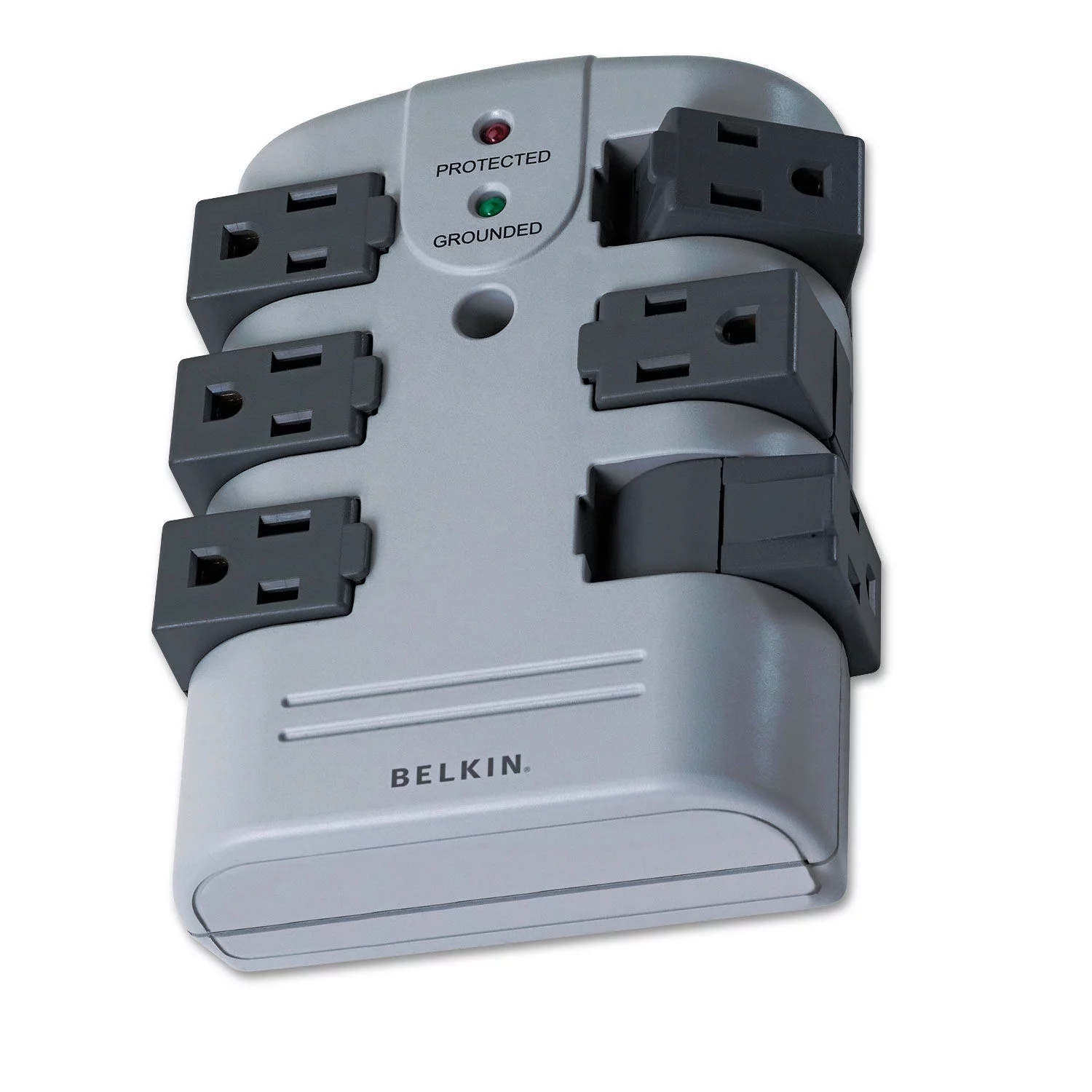
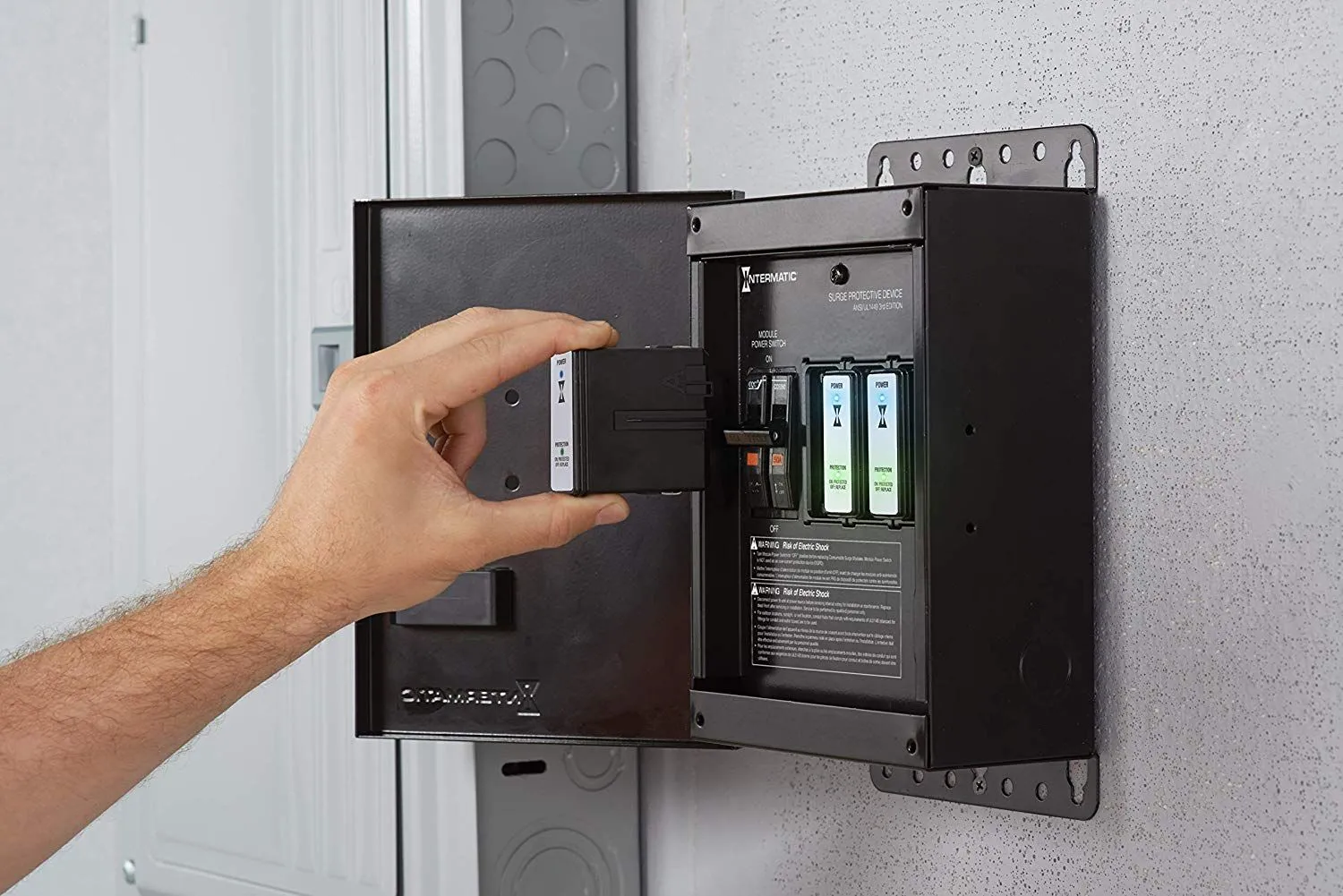
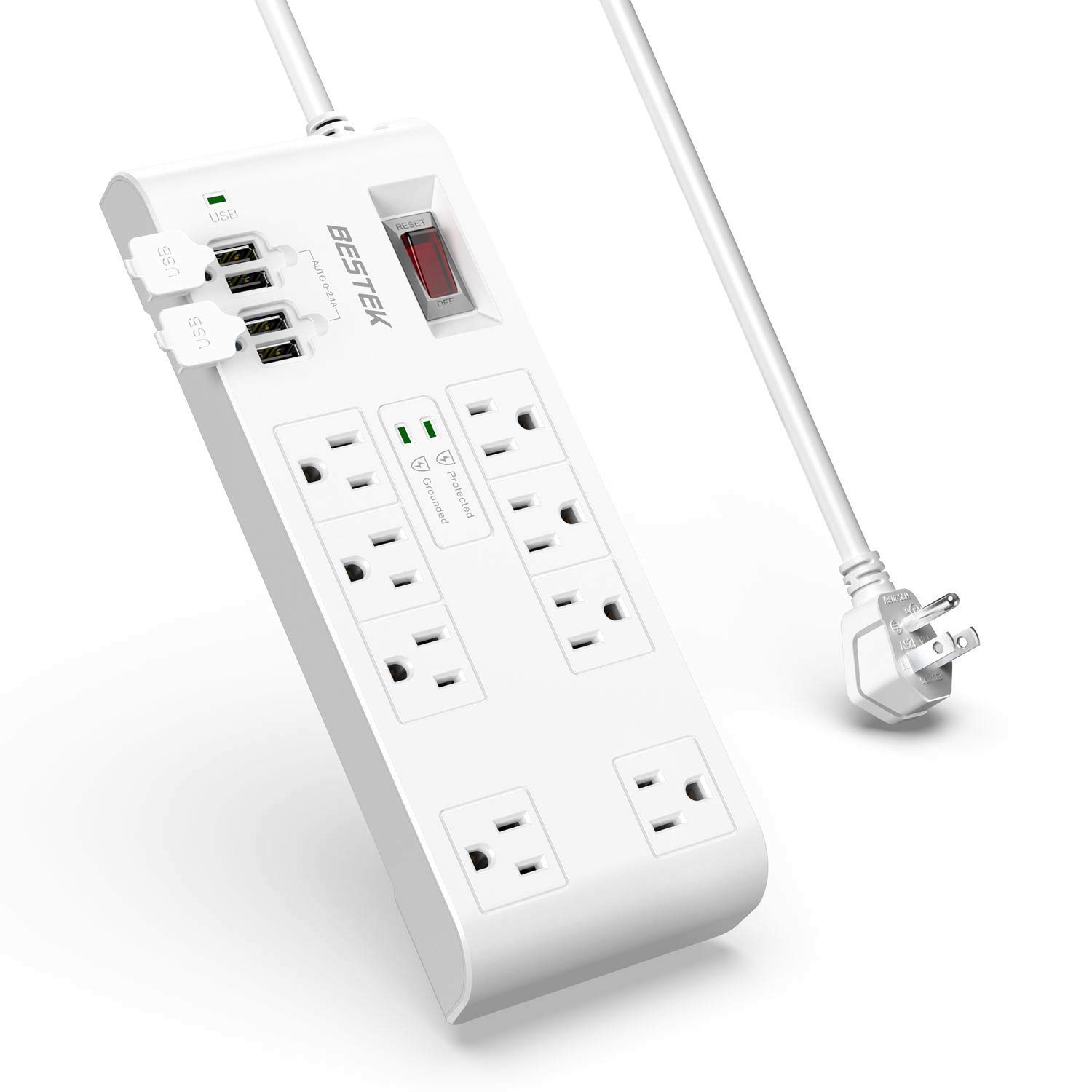
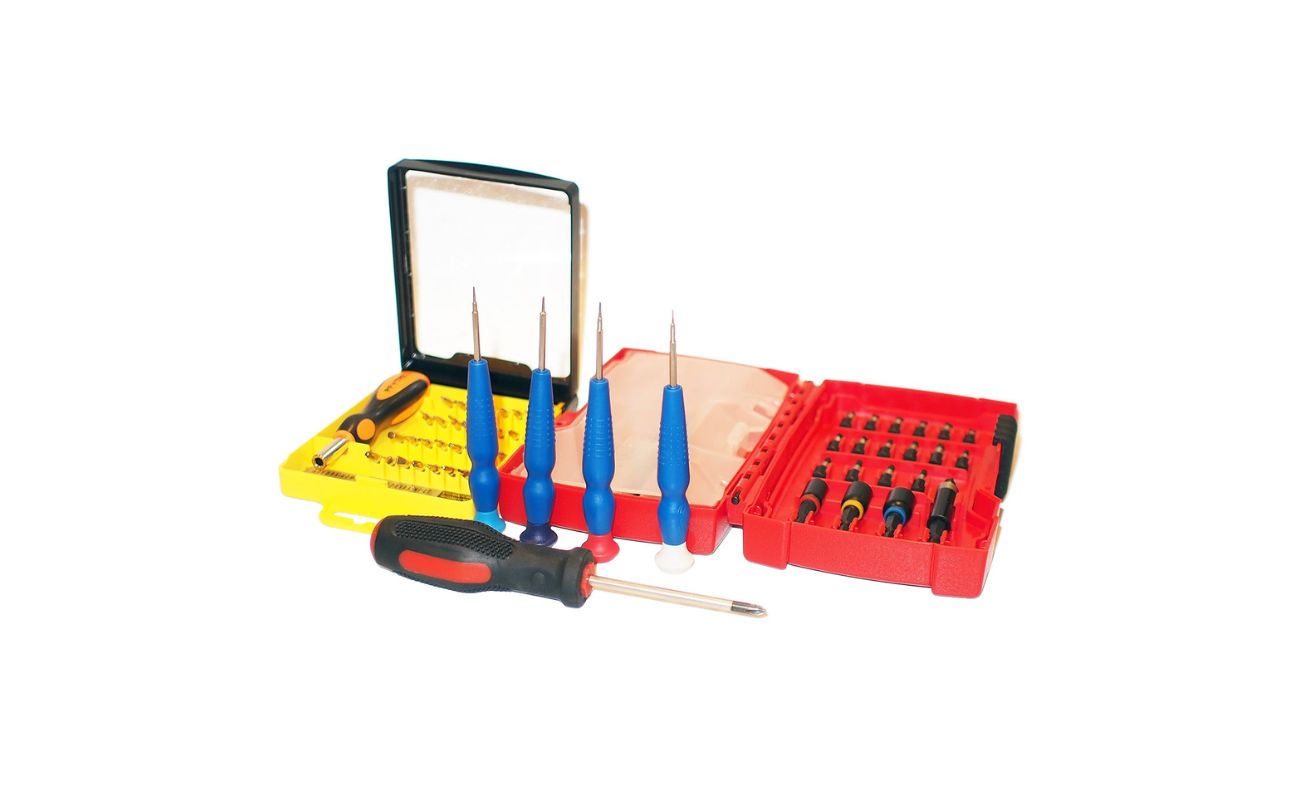
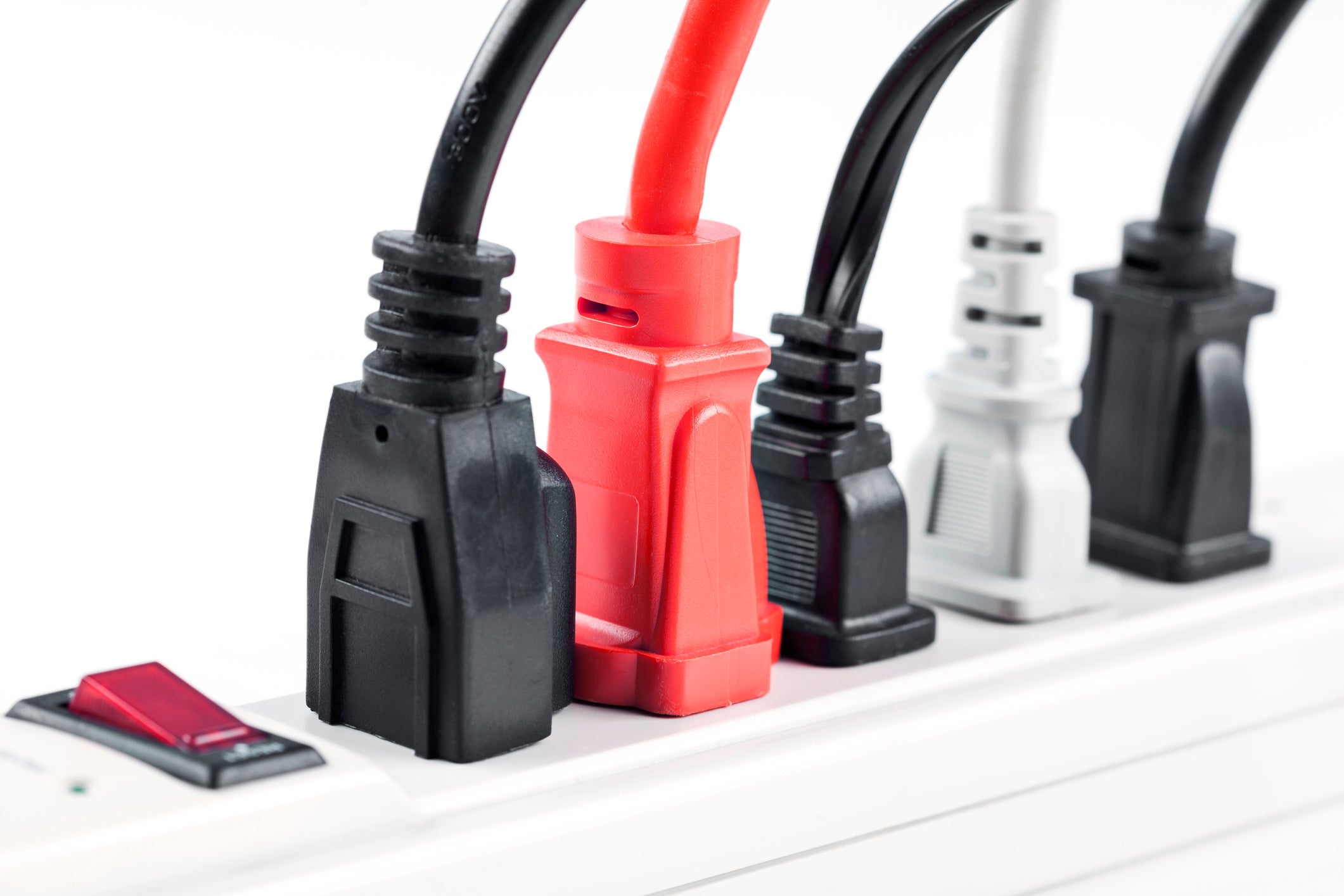
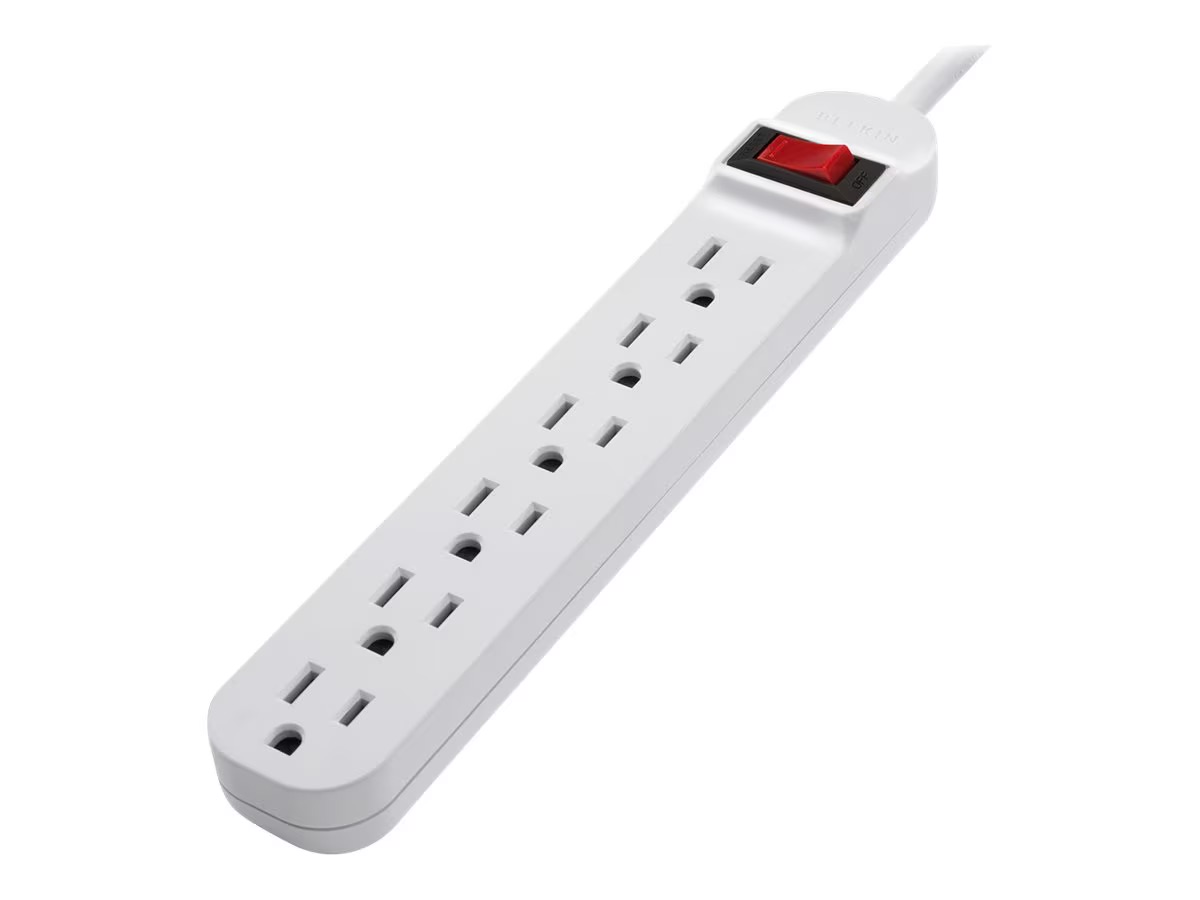



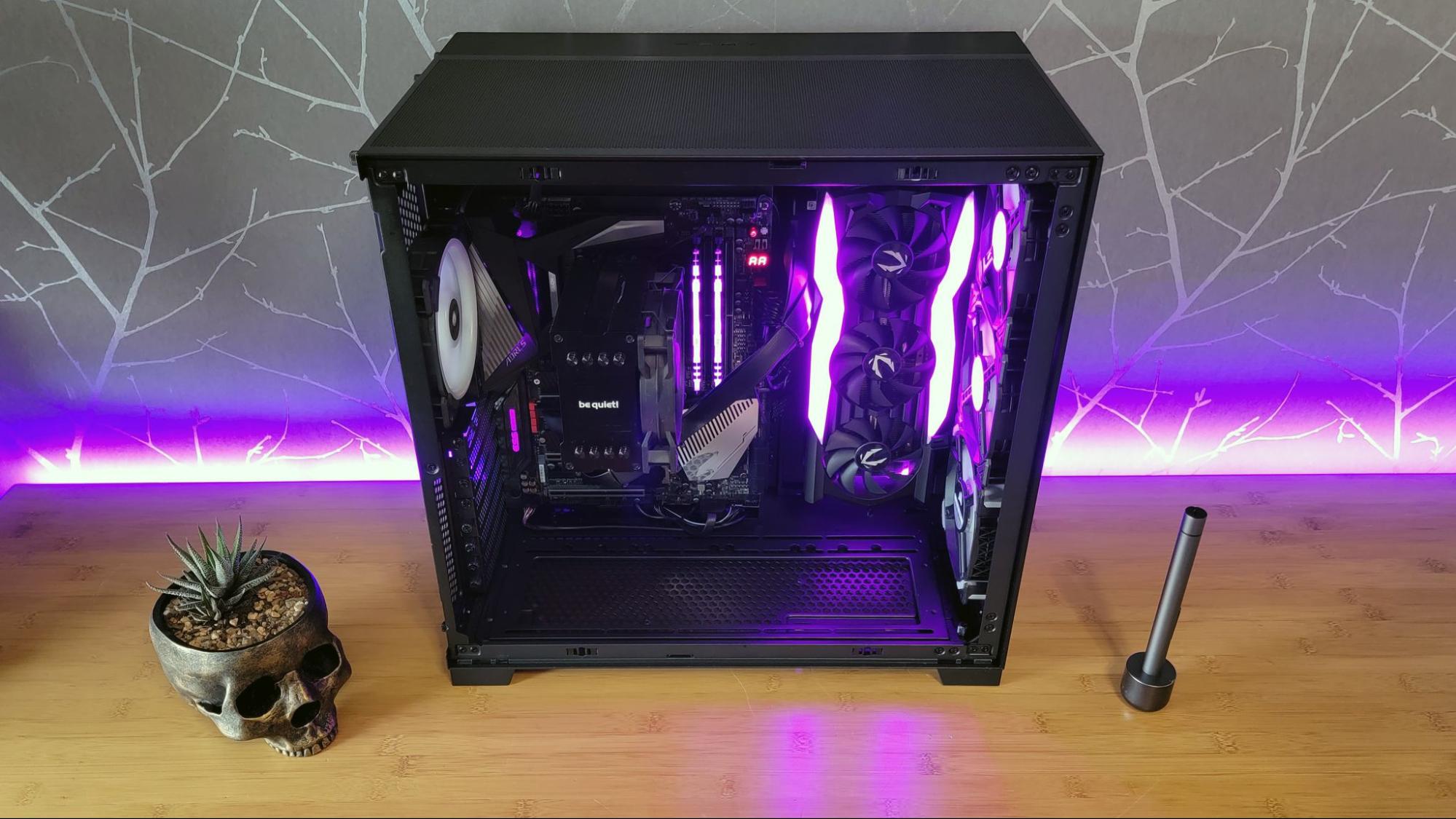

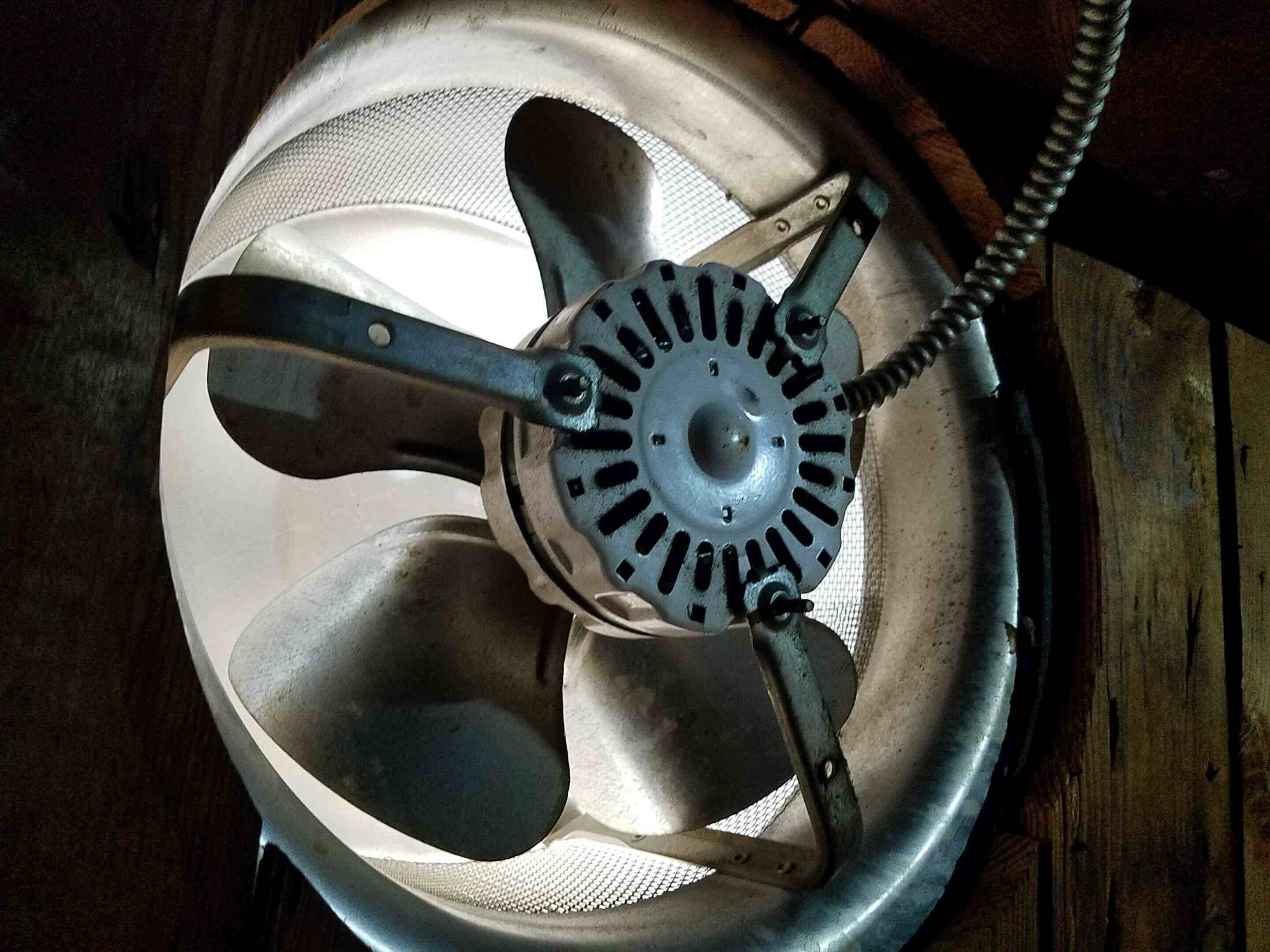
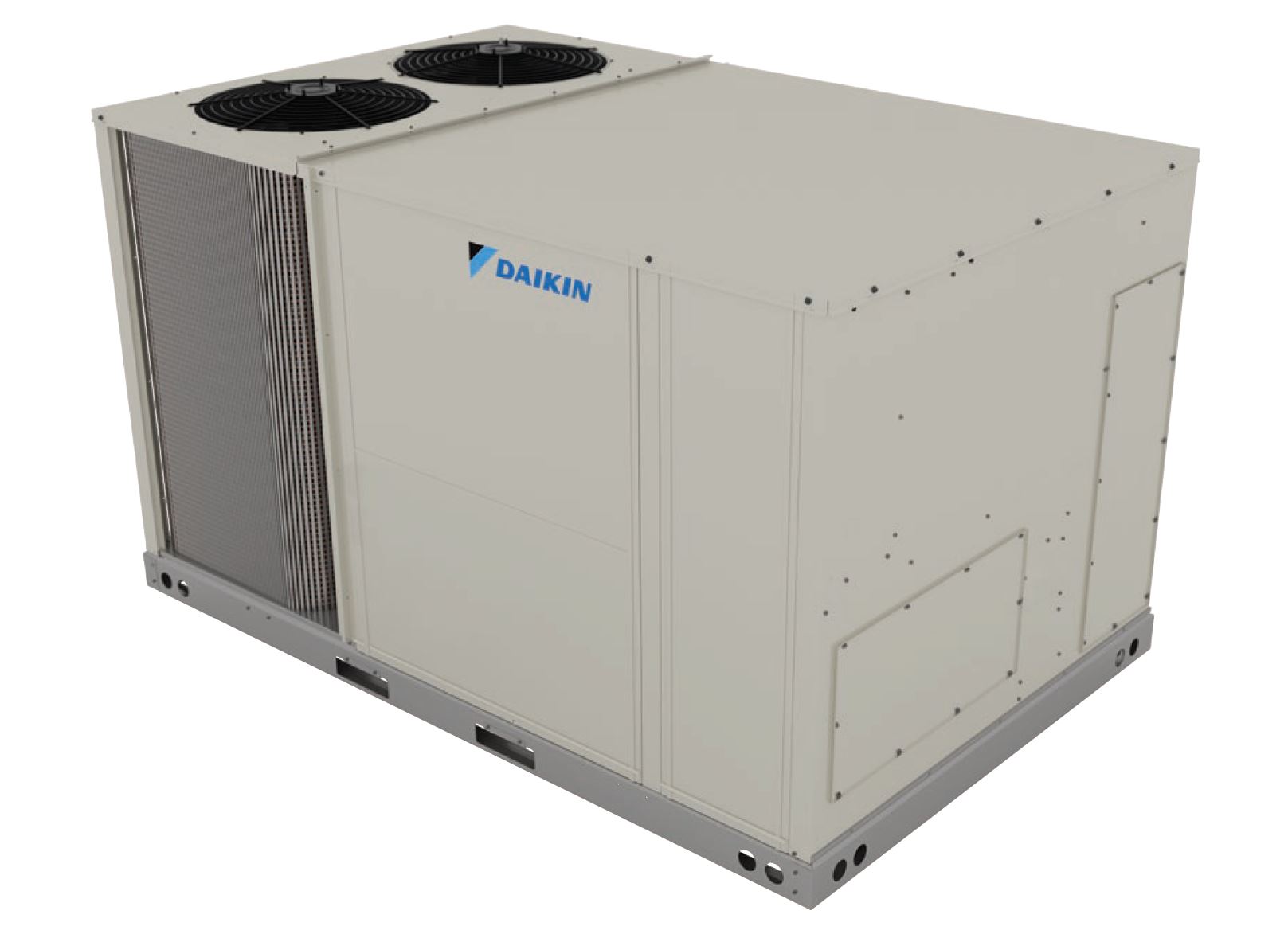
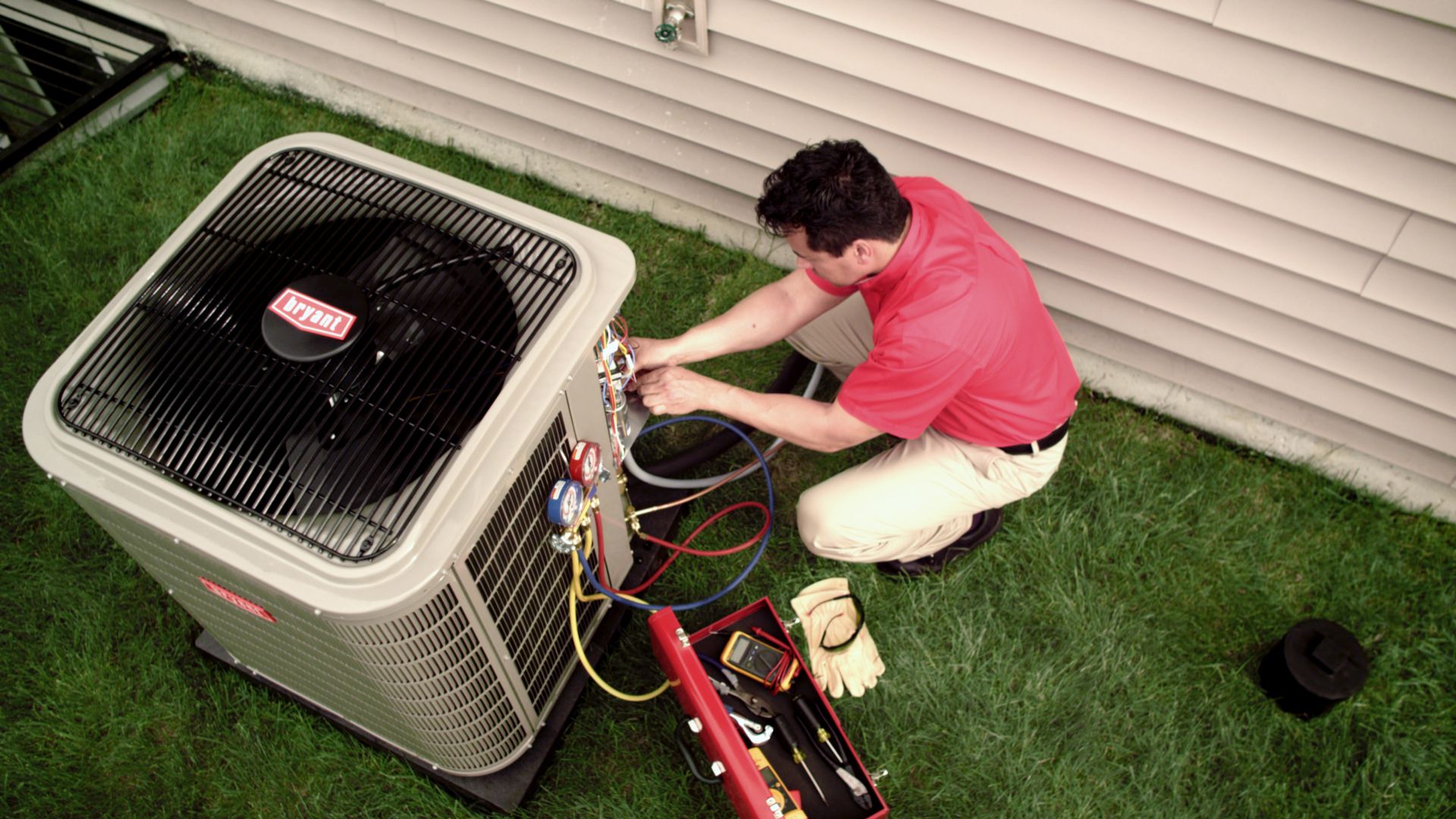

0 thoughts on “How Many Surge Protector Joules Do I Need For A Computer”